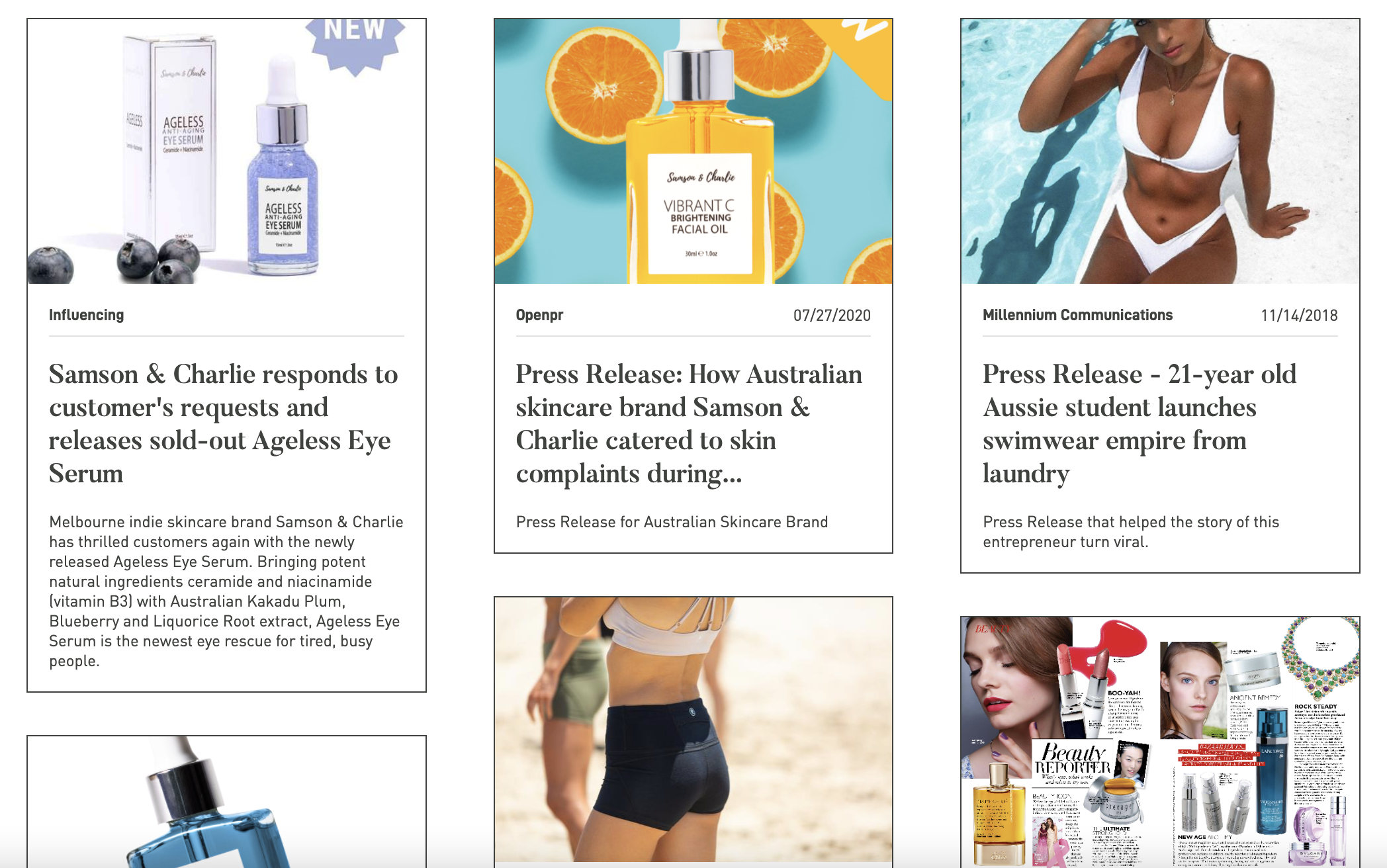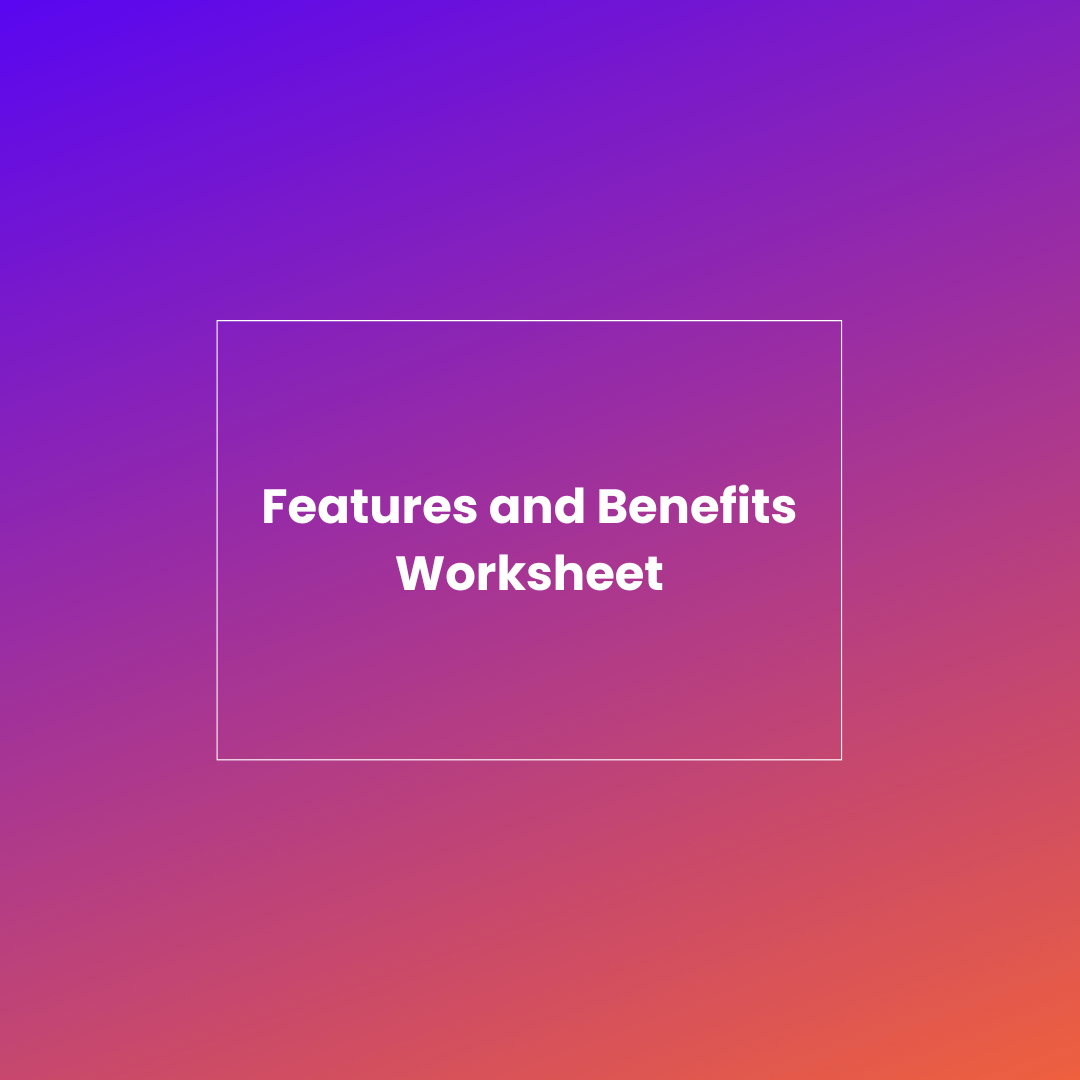How to get into content marketing
Are you interested in switching to a lucrative content career? Here’s why you should start:
More companies are realizing the importance of content strategy as organic competition grow more difficult. Plus, Google implemented a content helpfulness update as a quality control measure.
Social media provides a viable channel to showcase content to a large audience.
Even with AI simplifying content production, a trained specialist is needed to ensure factualness and usefulness.
Here’s how you can get started, even if you have little writing experience.
Step 1: Get a portfolio - it’s easy!
Years of work on my Content Land website makes for a strong portfolio. But if you haven’t had the time to build your own website, I recommend using a tool like clippings.me to quickly pull in your top pieces from your past jobs. Even if you’ve never managed a blog, there’s bound to be plenty of content you’ve written as a marketer.
Note: If you don’t have any marketing or writing career experience at all, you might want to focus on starting a blog instead.
Clippings.me is easy - take some time at your existing job to download ebooks, case study PDFs, infographics, screenshots of social media posts, and emails you’ve written. Or, simply paste the URL of your landing pages, web pages, and blogs. It will gather your content into an easy-to-browse, professional format.
Bonus points if you have a portfolio and a personal blog to showcase.
Step 2: Tailor your resume and cover letter.
Tailoring your resume goes beyond highlighting your content-related tasks. You need to cut out all of the irrelevant work and focus your entire resume on content. The rest is watering down your experience. Let your resume tell the story of how your content skills save the day.
For example, below is a description of work on my initial digital marketing resume. While I lead with content experience, I included advertising responsibilities that didn’t support content.
And here is the same job description tailored to content. I zeroed in on content tasks and expanded them, which gave me even more resume material than the more general marketing version.
In my cover letters, I talked about how my start in SEO created a strong foundation for optimized content that drove results. I let my more general marketing background be a differentiator among candidates who have purely written, but I did not make it the focus of my career.
Step 3: Do some extra learning.
Now you have the basics to start applying for jobs and interviewing. Take it a step further by looking into some content certifications and extras you can do. You might:
Learn how to use a content tool like Buzzsumo
Get a HubSpot certification
Take a course from a local college or e-learning platform
Attend content marketing conferences or webinars
Take some projects on UpWork to build experience
While this step is not essential, it is both a way to learn more and solidify your commitment to becoming a strong content marketer in interviews.
Step 4: Interview and improve.
Develop the required skills
When I was interviewing for content jobs without having polished experience (and by that, I mean following a fine-tuned writing process), I found that there were many skills I was unable to speak to. These skills included running a content calendar, following a style guide, writing video scripts, and creating content inventories.
However, once I realized these skills were important through my interviews, I was able to incorporate them into my existing job and quickly develop experience in the essentials.
Don’t give up from lack of experience - build your own!
Use this proven technique to impress
Another tip for interviewing is to work on your storytelling. In the video below, HR expert Madeline explains her formula for the perfect response: rely on mini success stories to paint a picture.
This method will both build your confidence when going into an interview and help you answer questions with all the necessary details.
You might also like her video on using the menu approach to answering interview questions.
Madeline’s advice works for interviews in any industry, so content or not - definitely bookmark and keep it handy.
Best of luck in your career search!
Too many talented individuals miss out on jobs because their interview skills and preparation are not up to par. But don’t lose hope - with these tools, you should be able to land the content job of your choice in no time.
Before you interview, be sure to brush up on your terminology, content strategy, and effective processes:
Thanks for reading! You might also like…























